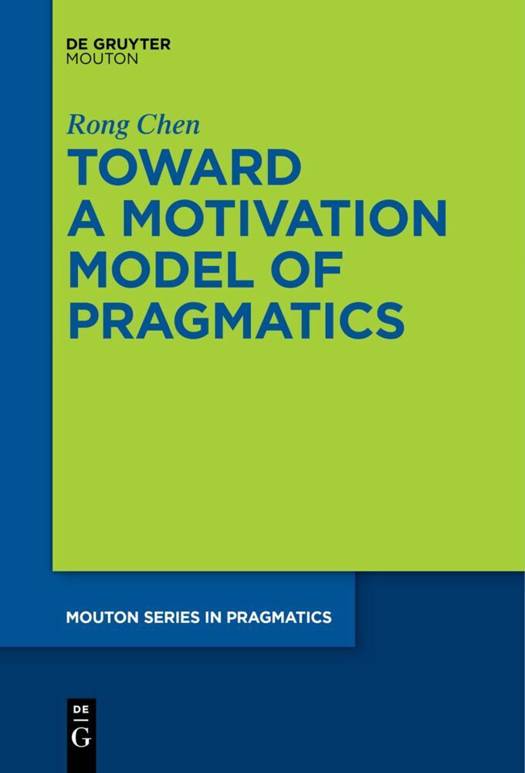
Je cadeautjes zeker op tijd in huis hebben voor de feestdagen? Kom langs in onze winkels en vind het perfecte geschenk!
- Afhalen na 1 uur in een winkel met voorraad
- Gratis thuislevering in België vanaf € 30
- Ruim aanbod met 7 miljoen producten
Je cadeautjes zeker op tijd in huis hebben voor de feestdagen? Kom langs in onze winkels en vind het perfecte geschenk!
- Afhalen na 1 uur in een winkel met voorraad
- Gratis thuislevering in België vanaf € 30
- Ruim aanbod met 7 miljoen producten
Zoeken
Omschrijving
With the "discursive turn" has come a distrust - a complete rejection by some - of theories that seek deeper reasons for surface phenomena. Rong Chen argues that this distrust, with its accompanying overemphasis on specificity and fluidity of linguistic meaning and social values, is unwarranted and unhelpful. Drawing on insights from social theories and various strands of pragmatics, he proposes a motivation model of pragmatics (MMP), contending that language use can be adequately, coherently, and elegantly studied via the motivation behind it in its varied and dynamic contexts. The model, with its well-laid out components, is then applied to (im)politeness research, cross-cultural pragmatics, diachronic pragmatics, discourse and genre analysis, conversation analysis, identity construction, and the study of metaphor, sarcasm, parody, and lying. MMP is thus a framework aimed at accounting for fluidity with stable notions, specificity with general principles, and differences with similar underlying factors. As such, the book should appeal to students of pragmatics, (im)politeness, conversation analysis, sociolinguistics, applied linguistics, communication, sociology, and psychology.
Specificaties
Betrokkenen
- Auteur(s):
- Uitgeverij:
Inhoud
- Aantal bladzijden:
- 346
- Taal:
- Engels
- Reeks:
- Reeksnummer:
- nr. 27
Eigenschappen
- Productcode (EAN):
- 9783111536125
- Verschijningsdatum:
- 17/06/2024
- Uitvoering:
- Paperback
- Formaat:
- Trade paperback (VS)
- Afmetingen:
- 156 mm x 234 mm
- Gewicht:
- 539 g

Alleen bij Standaard Boekhandel
+ 40 punten op je klantenkaart van Standaard Boekhandel
Beoordelingen
We publiceren alleen reviews die voldoen aan de voorwaarden voor reviews. Bekijk onze voorwaarden voor reviews.









